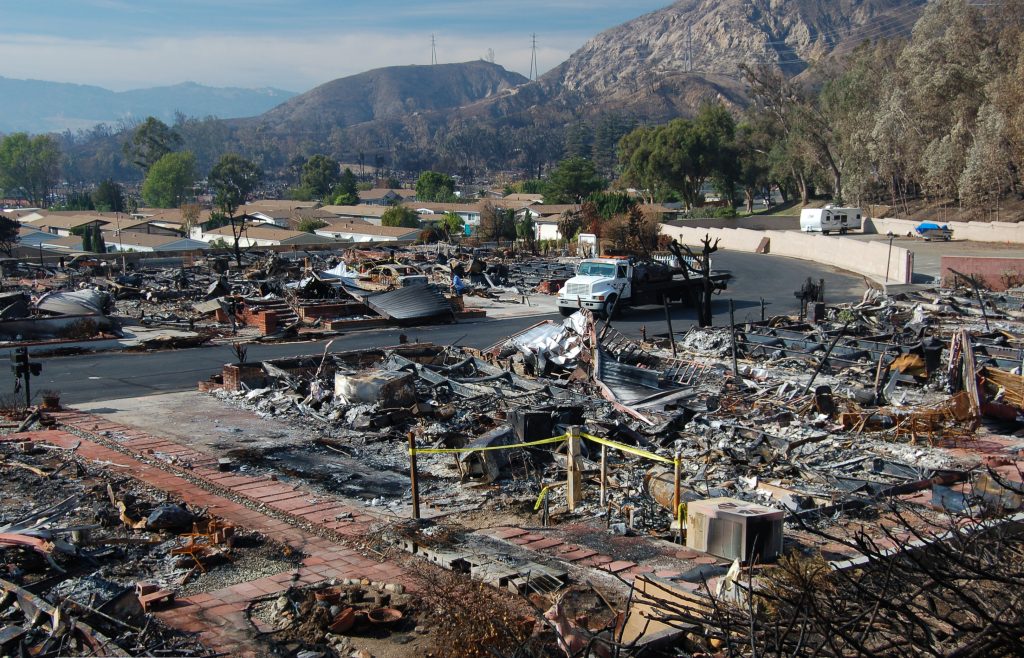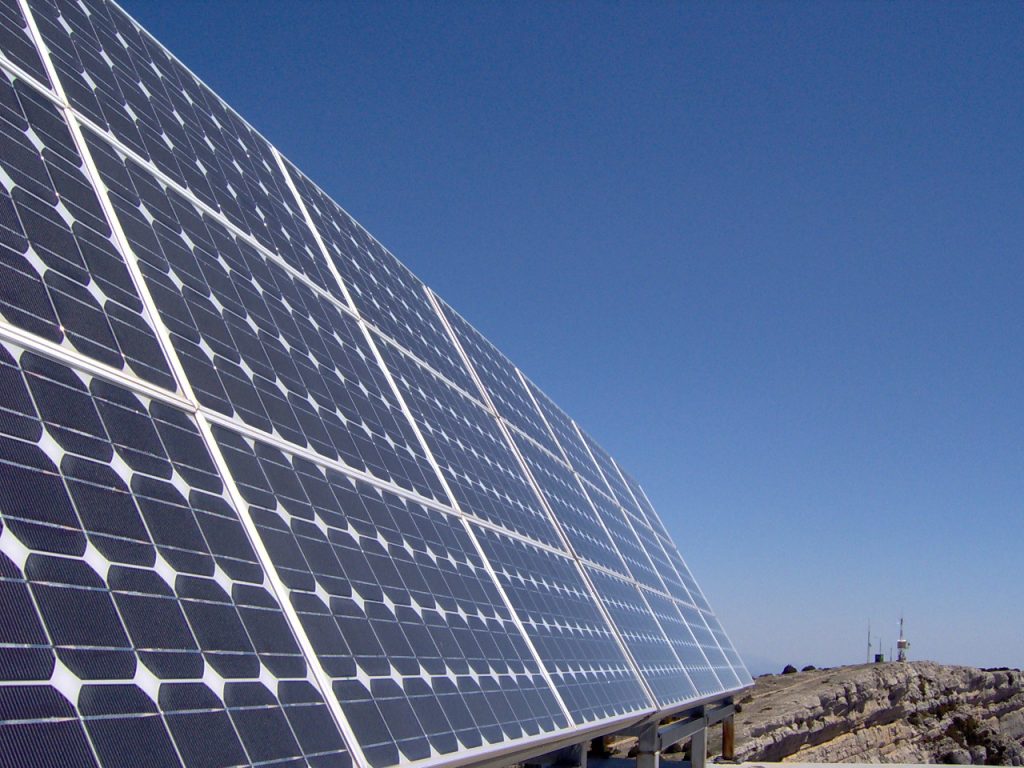Climate Change, Disasters, and Eco-Anxiety
It is impossible to consider the effects of ecological emotions, without discussing the issue of climate change. Climate change occurs when greenhouse gases, such as carbon dioxide or methane, are released and trap radiation in our atmosphere (van Aalst, 2). The trapped radiation then raises the average global temperature. It is projected that climate change will increase the number and intensity of natural disasters in the United States and globally (van Aalst, 8). In some areas the amount of precipitation is predicted to increase. This increase in both the frequency and intensity of precipitation will increase the number and severity of floods (van Aalst, 11). Raising global temperatures will also lead to rising ocean temperatures. This will cause an increase in the number and severity of hurricanes, and other tropical storms (van Aaslst, 12). Mid continental regions are predicted to become drier, and therefore more prone to droughts and fires (van Aalst, 9). The increase in natural disasters caused by climate change will cause an increase in the amount of stress felt by both the planet and people.
Climate change can also cause individuals to experience a condition called eco-anxiety. Eco-anxiety is a term that was coined in order to describe the difficult emotions, such as anxiety and a sense of hopelessness, that can be caused by the knowledge of climate change (Pihkala). People often times experience eco-anxiety because they feel that climate change is taking away their possibility for happiness in the future (Pihkala). Eco-anxiety can cause people to appear apathetic about the effects of climate change. In reality, these people are not apathetic, they are so anxious that thinking about the effects of climate change causes them to shut down (Pihkala). This is known as eco-paralysis, as people are unable to act due to their anxiety. This paralysis creates a cyclical effect that only worsens the effects of climate change (Pihkala). When many individuals in a community suffer from eco-paralysis, important conversations regarding preventing climate change and mitigating it’s effects do not occur, as community members refuse to discuss an issue that causes so much distress (Pihkala). This socially constructed silence prevents people from coming up with solutions to environmental problems, and leads to people trying to break their bonds to the environment, so that they suffer less when it is harmed (Pihkala). These behaviors allow climate change to worsen, making eco-paralysis worse, further driving this toxic cycle.
Eco-anxiety can also cause people to experience environmental grief. Environmental grief can be defined as feeling an immense amount of sadness as they feel that the environment is dying, and the feeling of loss can be comparable to that of losing a loved one (Pihkala). Oftentimes this grief is disenfranchised, and people do not have adequate outlets to express their feelings. Since climate change is something that is taboo to discuss in some circles, even expressing concerns about environmental issues can be something that is seen as socially unacceptable (Pihkala). One specific type of grief that individuals commonly experience is solicestalgia. Solicestalgia is the grief that an individual experiences when his or her home or an emotionally significant place is damaged because of an environmental event (Pihkala). Individuals and communities attach value to a place through place-making, or by using myths, experiences and physical infrastructure to give a location meaning. When these locations, be it a forest or a town, are destroyed, it causes immense feelings of loss. Feelings of solicestalgia and environmental grief are likely only to worsen as climate change continues, and destroys more homes and emotionally significant places.

Boys standing outside of their home in Indonesia after the 2004 tsunami. Source: Pixnio, Open Source
The implications of eco-anxiety can be severe. Since the beginning of human history, eco anxiety has lead to rash policy decisions that have lead to more harm than good. An example of a policy that was influenced by eco-anxiety is Malthus’s theory of economics. Malthus’s theory, which was developed in 1803, stated that environmental doom was near as the food system in the 1800s could not support the growing population, and therefore famines were inevitable (Malthus). This lead to tension between the British and Irish, as the British believed that high Irish birthrates would lead to environmental disaster (Mokyr). An other example of a negative reaction caused by eco-anxiety is the One Child Policy Act in China. This act was put in place in 1980 due to fears that the Chinese Population would outgrow its carrying capacity, leading to famines, and land and water shortages. The Chinese government decided that the simplest way to solve this problem would be only allow families to have one child. The policy worked, as growth rates in China slowed, however the ratio of the elderly to the young grew as well, and now there are not enough young people to support China’s growing elderly population (Wang, Et. Al.) The negative emotions caused by eco-anxiety prevent people from thinking through problems with a clear and positive outlook, which ultimately leads to ineffective or harmful polices.
Although, climate change is accelerating at a rapid pace, it is important to maintain a positive outlook to prevent eco-anxiety from inhibiting discussions on climate change. We do have some technology available to us to slow the rate of global warming. The Green power industry has experienced a large amount of growth in recent years. In 2018, renewable power capacity grew by thirteen percent, and is projected to continue growing into the future (Scott). The price of renewable energy sources is dropping as well, making it easier for more people to afford it (Scott). There is hope for a brighter future. It is important that people focus on the good, as well as the bad when thinking about climate change and environmental issues. There is still so much to fight for, and we have the capability to save it. We can’t let our own fears prevent us from saving the future.

